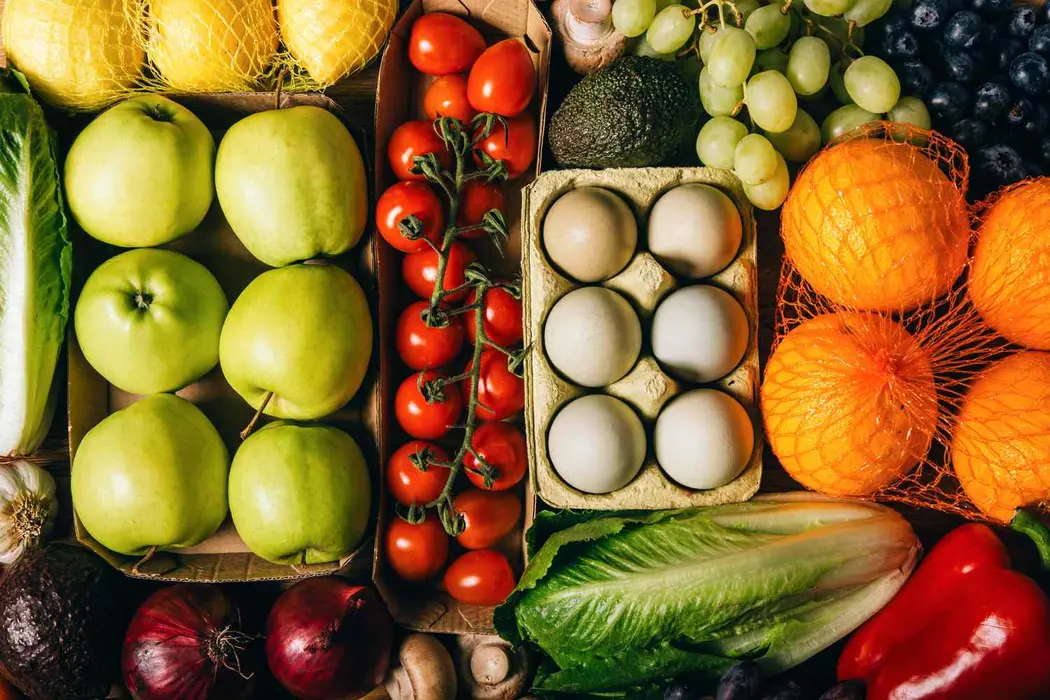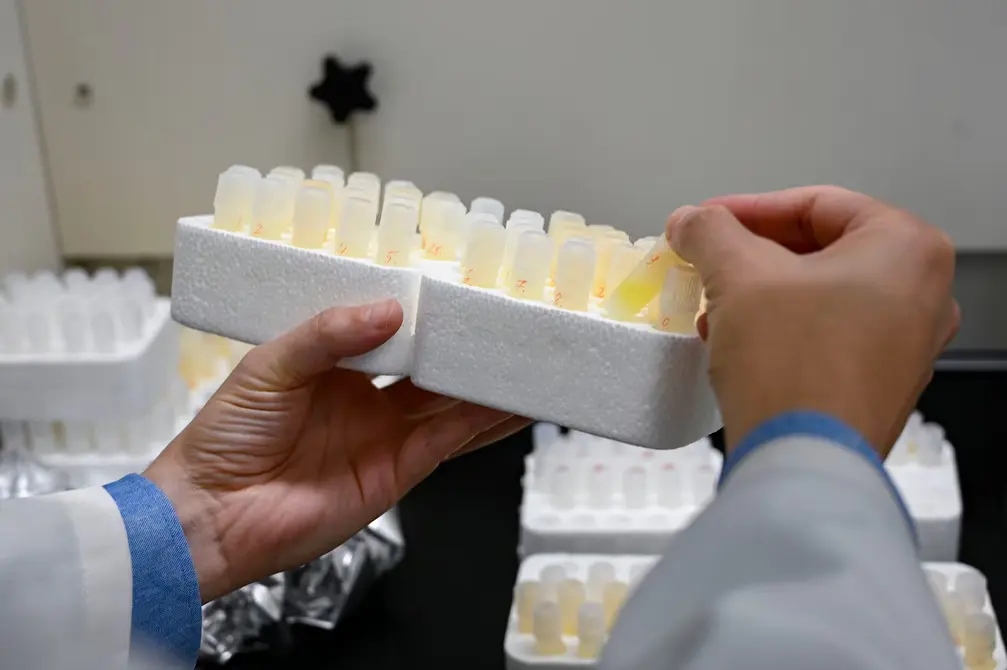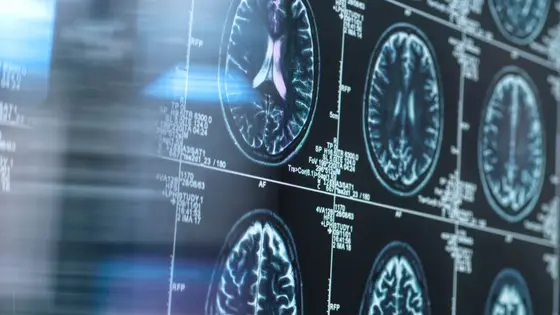T4K3.news
AI Diet Shows Promise in Reducing Dementia Risk
A new study suggests an AI-designed diet may significantly lower the risk of dementia, offering hope for prevention.

A new study reveals an AI-designed diet that could lower dementia risk significantly.
AI-Driven Diet Offers New Hope Against Dementia
A new study published in Nature Human Behavior highlights how an AI-created diet may effectively reduce the risk of dementia. The research from Shanghai, China, used data from the UK Biobank, which tracked dietary habits of over 185,000 individuals over an average of ten years. The findings suggest that certain foods, like green leafy vegetables and citrus fruits, can help in dementia prevention, while sweetened beverages may increase risk. The newly proposed dietary plan, called the MODERN diet, combines insights from machine learning with existing knowledge from the MIND diet, but introduces updates that may enhance its efficacy in promoting brain health.
Key Takeaways
"The MODERN diet includes more fruits and emphasizes moderation in food intake."
This highlights a significant shift from the MIND diet, showing an emphasis on balance in the new dietary plan.
"This dietary pattern has the potential to improve cognitive functions and reduce dementia risk."
The researchers believe that their findings could significantly influence future dietary guidelines for dementia prevention.
"Future studies are warranted to validate this dietary pattern in diverse populations."
This suggests that while the findings are promising, broader confirmation is essential.
"A ‘balanced’ diet derived from hierarchical clustering was related to better cognitive functions."
This underscores the importance of balance in dietary choices for brain health.
The emergence of the MODERN diet as a promising approach to dementia prevention showcases a growing intersection between artificial intelligence and health. By analyzing vast dietary data, the researchers were able to construct a diet that takes into account not just individual foods but their interactions in promoting cognitive health. The implications of this study could extend beyond personal diets to influence public health strategies aimed at curbing the rising costs and burden of dementia globally, which could reach an astonishing $2.8 trillion by 2030. However, the need for further validation across diverse populations remains crucial before broad recommendations can be made.
Highlights
- AI may hold the key to a healthier future for our brains.
- The right diet could change the way we fight dementia.
- Can machine learning reshape our eating habits for better health?
- Finding common foods to help prevent dementia is a breakthrough.
Potential Budget and Health Risks
The rise in dementia cases could strain healthcare systems, with costs projected to reach $2.8 trillion by 2030. Implementing dietary interventions may face budgetary constraints and public skepticism about AI-based recommendations.
As research continues, the potential of AI in diet design could reshape our approach to preventing cognitive decline.
Enjoyed this? Let your friends know!
Related News

New study reveals lifestyle changes can prevent dementia

Beetroot juice shows promise for lowering blood pressure

New study shows lithium may protect against cognitive decline

New studies explore sunlight benefits for health

Study links egg consumption to reduced Alzheimer's risk

Major trial finds lifestyle changes can slow cognitive decline

Study reveals lifestyle changes delay cognitive decline in older adults

Eating eggs weekly linked to lower Alzheimer’s risk
